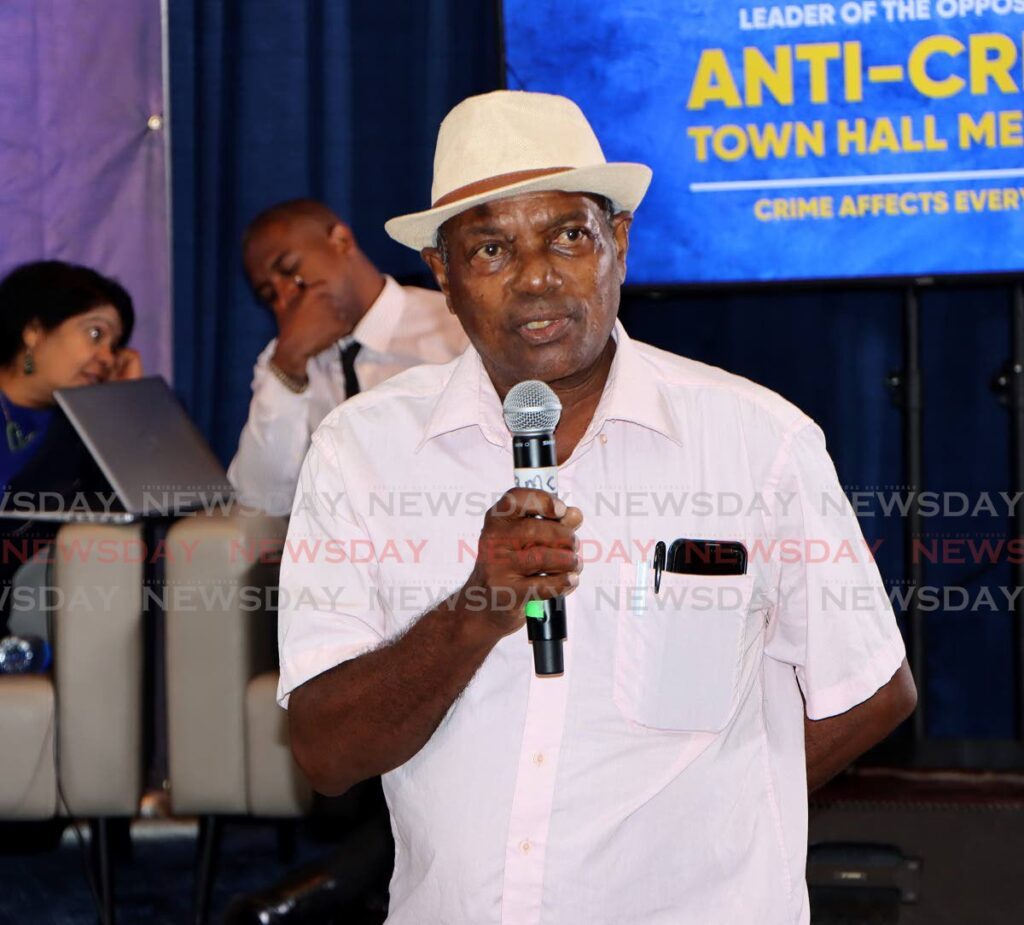Copyright newsday

THE RETURN of Johnny Abraham, 68, to law enforcement sends mixed signals. When Mr Abraham retired almost a decade ago, he was a household name; that will undoubtedly inspire a degree of confidence in the move to place him as the head of the National Operations Centre (NOC). The reintroduction of the NOC framework, too, returns the national security apparatus to a familiar configuration in which there is a designated co-ordinating agency with a bird’s-eye view. The NOC was established in 2010 under the first Kamla Persad-Bissessar administration. But under the Keith Rowley government, it was absorbed into the Strategic Services Agency (SSA), which has a statutory intelligence-gathering mandate, alongside the National Security Training Agency, the Security Intelligence Agency and the intelligence arm of the Special Anti-Crime Unit of TT. The revamped body was given bolstered powers. Yet, it did not seem to make a significant dent in crime. On the contrary, Dr Rowley last year removed the organisation’s head in troubling and still unclear circumstances, suggesting that the premier intelligence agency had been infiltrated by “a cult which was arming itself” to “replace the country’s political leadership.” The UNC government’s move to resurrect the NOC would appear to be an attempt to turn back the clock on this sordid chapter, even as many questions about developments under the PNM have been left unaddressed. At the same time, the pulling of Mr Abraham out of retirement raises fresh questions of its own. The Cabinet’s move contrasts with its approach to filling the vacancy of top cop, in which the government opted, in a constitutional appointment process, for a new face, albeit a deeply experienced one as Allister Guevarro. The retired senior superintendent who will lead the NOC may well be qualified and popular with police and others, but the irresistible query that arises is whether a new face might have been preferable. Relying on figures from the past allows the government to tap vast pools of talent but also exposes it to seeming out of step with current needs. Past methodologies may not necessarily suit the present moment or inspire confidence. Confidence is likely to be impaired, too, if appointments are seen as political baubles. In this case, Mr Abraham, who has rights like any other, not long ago appeared on a UNC platform to speak his truth about the state of crime and triggered the wrath of the PNM, even as his popularity appeared unaffected. More concerning, however, is Mr Abraham’s suggestion that he will be “a field officer” while being the NOC leader. At best, this suggests an inefficient operational framework; at worst, it represents a conflict and an overconcentration of power in a manner detrimental to institutional strengthening. That strengthening is what the NOC needs, now that it is re-emerging from the shadows.



